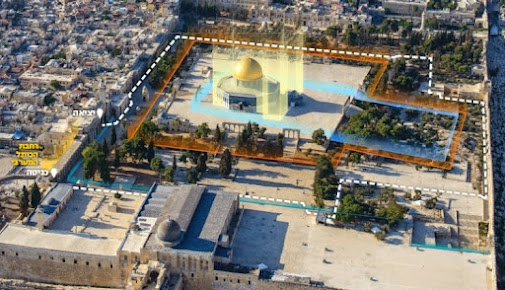Sefaria Mishnah Beitzah 2: 10 - 3: 1 Koren - Steinsaltz

Sefaria Mishnah Beitzah 2: 10 - 3: 1 Koren - Steinsaltz (Torah reading Level Three see: Torah Study (harhabaitjewishsovereignforallisrael.blogspot.com) Mishnah About This Text Mishnah Beitzah Mishnah Tractate Beitzah (“Egg,” named for the first word in the tractate) is located in Seder Moed (“the Order of Festivals”) and discusses the laws of Yom Tov (biblical holidays). In medieval commentaries, it is often referred to as tractate Yom Tov. The tractate opens with discussions about muktzeh, or items that are set-aside and cannot be used on Shabbat or Yom Tov. The remaining chapters mainly focus on preparation of food on Yom Tov, a form of labor that is prohibited on Shabbat. . Composed: Talmudic Israel (c.190 - c.230 CE) נוצר/נערך: ישראל התלמודית (190 - 230 לספירה בקירוב) Current Version Torat Emet 357 Select Version Read More Source: toratemetfreeware.com Digitization: Sefaria License: Public Domain Revision History Buy in Print Current Translation William Davidson Edition - Engl